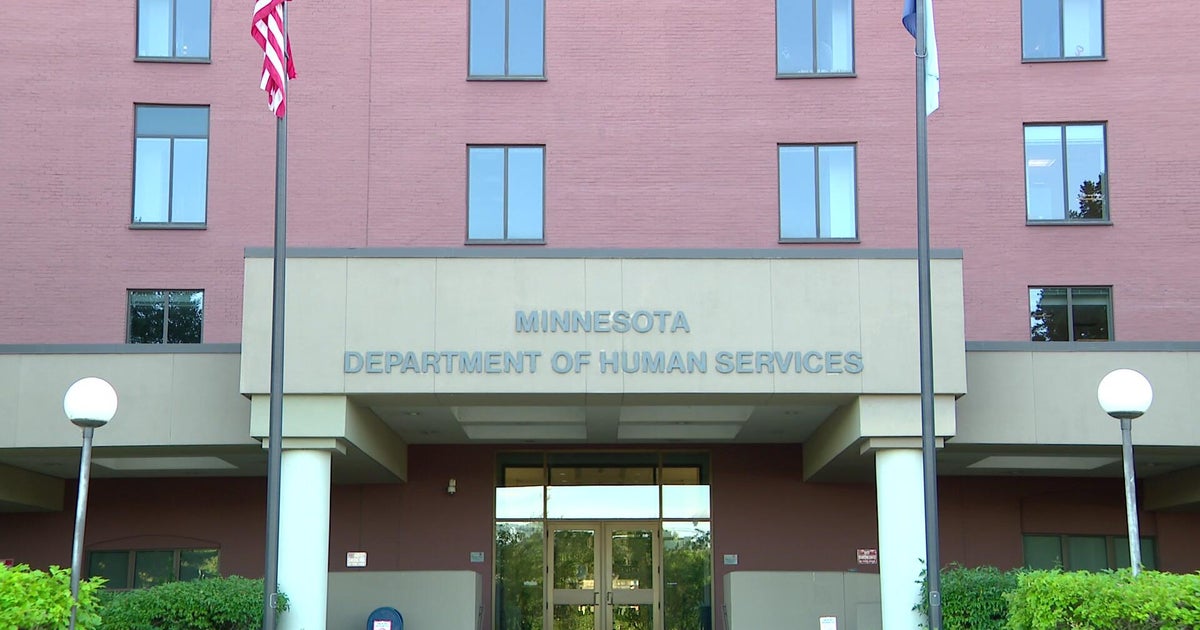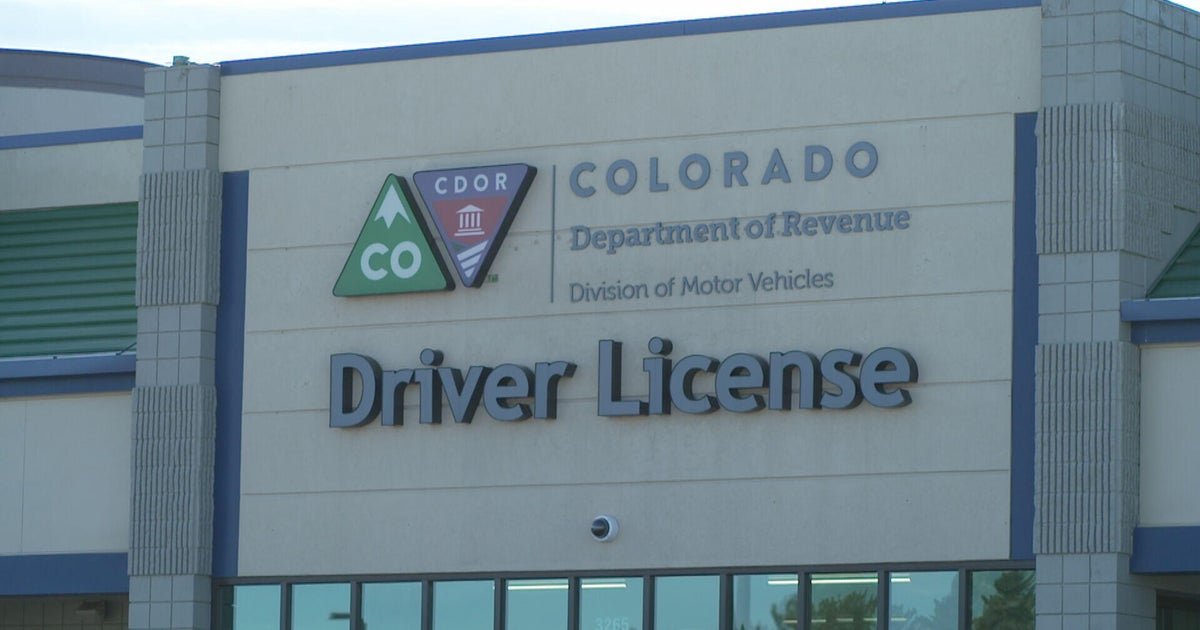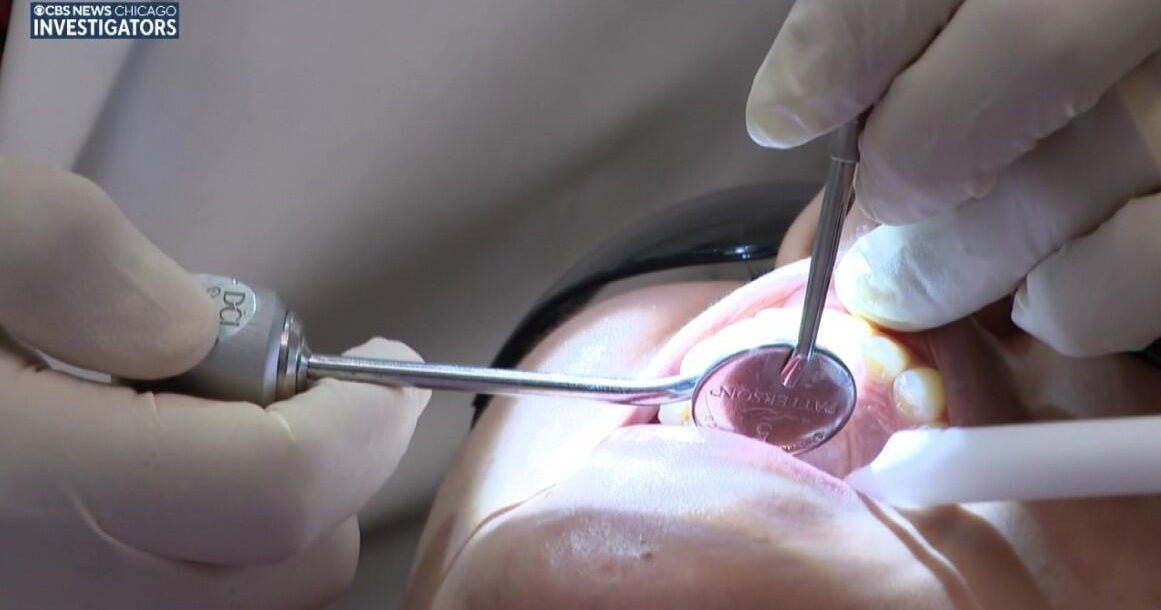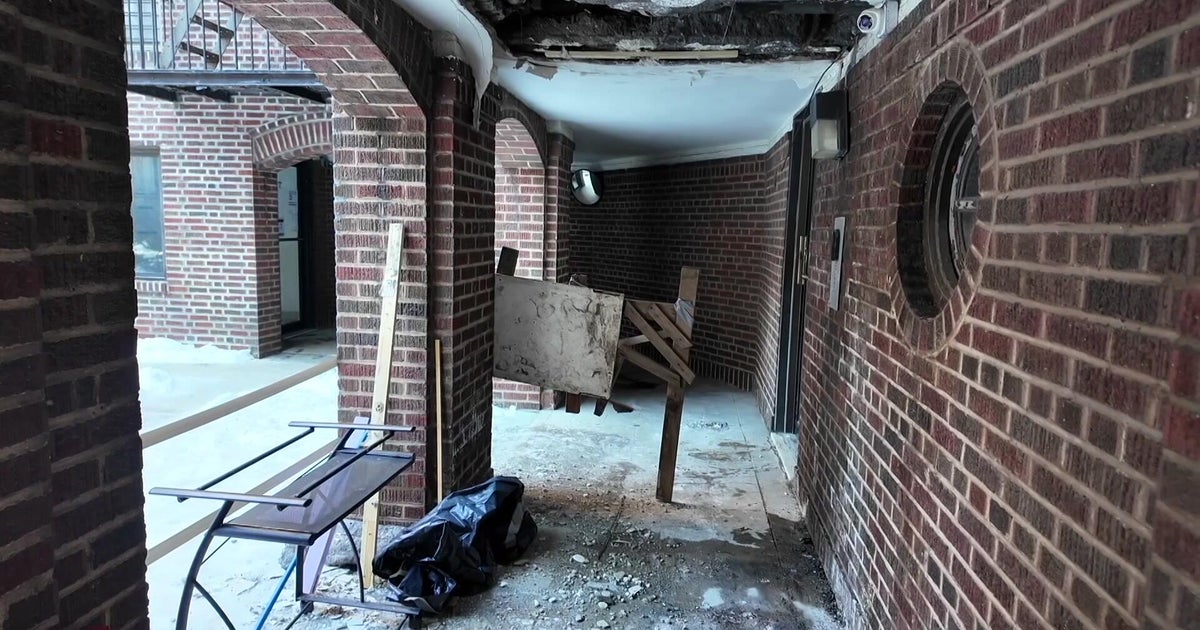Minn. Lawmakers Want Tighter Database Security
ST. PAUL, Minn. (AP) — A week after more than 5,000 Minnesotans found out that a Department of Natural Resources employee had looked up their driving or motor vehicle records, state lawmakers Wednesday announced their plan to curb abuse of databases.
Sen. Scott Dibble, DFL-Minneapolis, and Mary Liz Holberg, R-Lakeville, outlined a bill that would require all state and local government agencies to establish better safeguards against database misuse and calls for harsher criminal penalties for violators.
Holberg said the breach at the DNR underscored the need for an overhaul of how government handles its data on Minnesotans.
"We're just really frustrated that this is continuing to happen," Holberg said. "This situation has to stop."
The bill would increase the penalty for repeatedly abusing a database from a misdemeanor to a gross misdemeanor.
It also would require all government entities to post an investigation on the Internet, detailing what data was accessed, how many people were affected and naming who was responsible.
Holberg and Dibble's bill would apply to local government and law enforcement as well. Current law only governs state agencies.
Investigations have found that misuse of the state driver's license and motor vehicle database is common. Minneapolis, St. Paul and more than 10 other municipalities have paid out $1 million combined in settlements to a former area police officer who accused other officers of improperly accessing her driver's license information.
It's especially troubling that databases are being abused "by public safety employees whom we trust with sensitive information," Dibble said.
Dibble and Holberg said they'll consider recommendations from the legislative auditor, who is expected to release a report next month on how law enforcement uses state databases.
"I think everybody recognizes that we don't have the proper systems and procedures in place," Holberg said.
(© Copyright 2013 The Associated Press. All Rights Reserved. This material may not be published, broadcast, rewritten or redistributed.)







